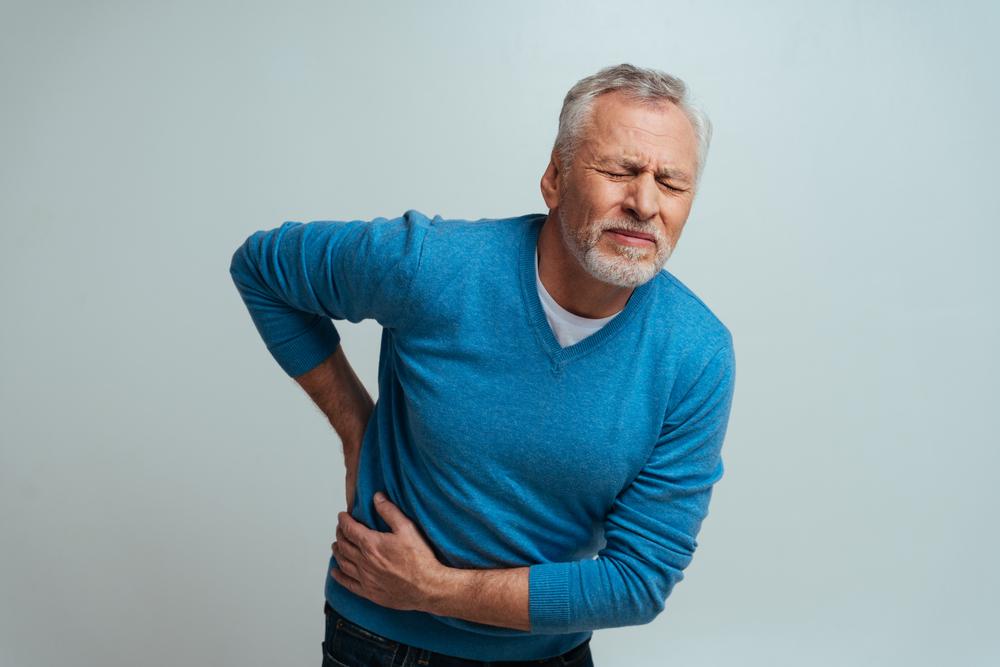Are you suffering from kidney stones?

A person may suffer from kidney stones or stones in any other part of the urinary tract without their knowledge.
So pay attention to any of these symptoms:
- The patient will feel severe pain in the side, back, or under the ribs.
- The patient will feel pain in the groin area (lower abdomen).
- The patient will feel a burning sensation or pain during urination.
- Urine will become smelly.
- Urine may become cloudy or dark (pink-ish, red-ish, brown-ish).
- The patient may experience vomiting and nausea.
- The patient may experience high body temperature in case of infection due to blockage of the urine flow.
- The patient may feel pain in waves, different in intensity.
If a person suffers from any of these symptoms, they should go to the urology clinic for examination.
Kidney stones are diagnosed by:
- Blood tests.
- Urine analysis.
- CT scans.
- Ultrasound.
Treatment of kidney stones:
The method of treatment of kidney stones is determined based on their type or size:
Small kidney stones:
- Drink enough water, equivalent to 2 or 3 liters per day.
- Medications to help relax the muscles of the ureter (alpha-blockers) for their role in facilitating the passage of stones with urine.
- Analgesics (pain killers) which help relieve the symptoms and pain felt by the patient.
Large kidney stones:
- Breaking up the stones with sound waves/ shock waves.
- Removing stones via ureteroscope.
- Removing of stones via surgery.
The condition may require treatment of hyperparathyroidism due to its role in the formation of calcium phosphate stones.